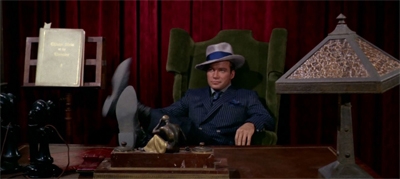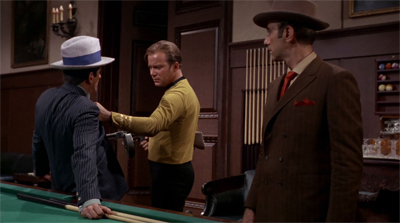Hosted by Andrew Quinn, Darren Mooney and Joey Keogh, this week with special guest William Bibbiani, The 250 is a weekly trip through some of the best (and worst) movies ever made, as voted for by Internet Movie Database Users. New episodes are released Saturdays at 6pm GMT.
This year, we are running a season looking at the films in the Halloween franchise. So this week, David Gordon Green’s Halloween Kills.
Michael Myers has returned to Haddenfield, and the town is not prepared. As Laurie Strode is rushed to hospital, fire fighters scramble to extinguish the flames consuming her house. However, something more primal is unleashed. As the serial killer murders his way through the suburbs, Haddenfield descends into an all-consuming madness that might prove just as dangerous as any masked killer.
At time of recording, it was not ranked on the list of the best movies of all time on the Internet Movie Database.
Filed under: The 250 | Tagged: america, brutality, crisis, horror, Jamie Lee Curtis, joey keogh, laurie strode, masculinity, mob, nihilism, podcast, slasher, streaming, The 250, violence, western, william bibbiani | Leave a comment »
























